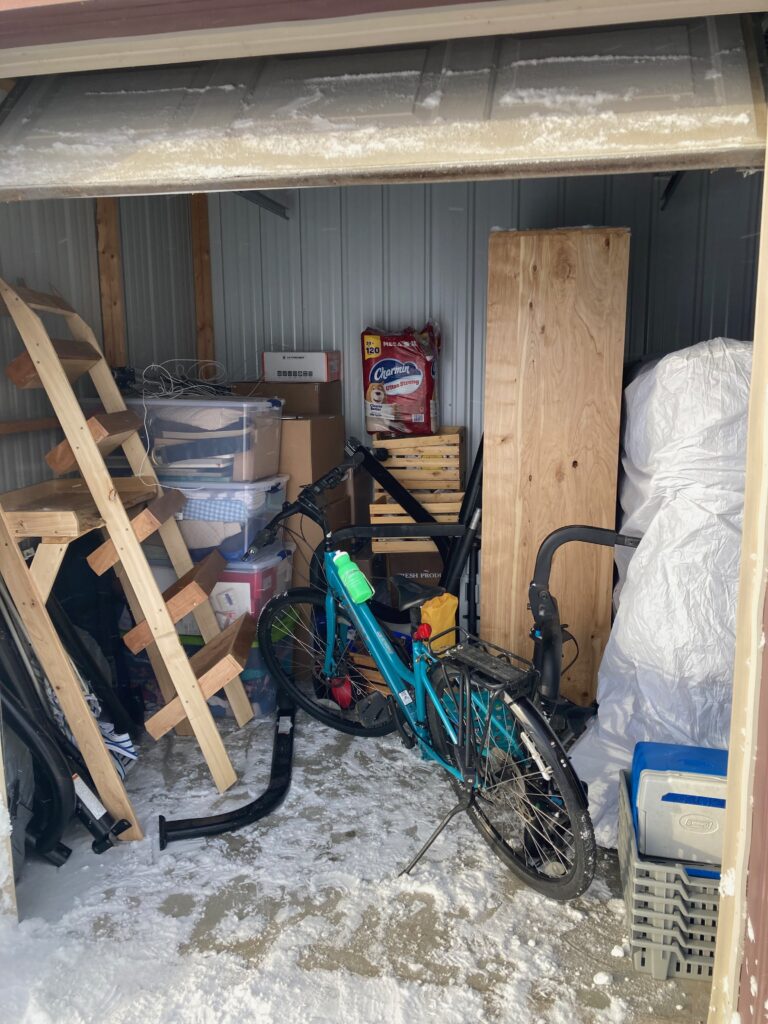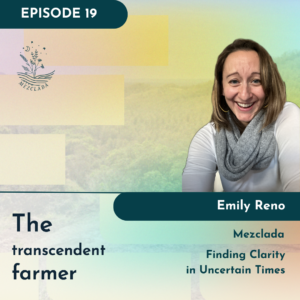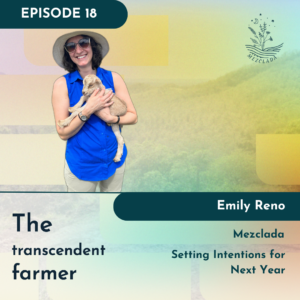Today’s Task:
Break an old habit
If you had the opportunity to listen to both of the podcasts I featured in Day 18’s post, you’ll also know that both of the speakers, while being interviewed about two completely different topics (stacking Benjamins and effective public speaking), both of them came to the same conclusion:
It all comes down to mindset.
Reflecting on themes that I’m seeing in different sectors…I’m honestly surprised that this isn’t more mainstream – or at least reflected in the strategies that we use in my professional work. For example, why aren’t we talking about this in community and economic development? Fundraising? Philanthropy? Policy-making?
This is the same theme that I’ve picked up in all of the personal growth and development podcasts I’ve listened to over the last several years, the videos I watch about spirituality, and now, in the space of personal finance.
What the hell is it about our minds that are so powerful?
If you ever had a question about the single most important thing that you could do to change your life, it would probably come down to this one phrase: Change your mindset.
At this point, I could probably write a laundry list of reasons why this is true. My life is a testament to this fact. But that might bore you, so instead, I want to share some of James Clear’s work here, the author of Atomic Habits, which I had the pleasure of listening to via audiobook earlier this summer. I think I was like 18th in line to have the book on hold through my local library system. Wild!
Anyways, in thinking about what it takes to shift your mindset, it’s important to have a solid foundation for building habits. James Clear is kind of the name of the game when it comes to this topic, and for good reason. He breaks down both the mechanics of building good habits and breaking bad ones in his own summary of his book:
How to create a good habit:
The 1st law (Cue): Make it obvious.
The 2nd law (Craving): Make it attractive.
The 3rd law (Response): Make it easy.
The 4th law (Reward): Make it satisfying.
How to break a bad habit:
Inversion of the 1st law (Cue): Make it invisible.
Inversion of the 2nd law (Craving): Make it unattractive.
Inversion of the 3rd law (Response): Make it difficult.
Inversion of the 4th law (Reward): Make it unsatisfying.
Now let’s apply this to finances. This is where it gets interesting.
Habit to build – based on a system, not a goal, he writes (we’ll come back to this in a later post I think): Saving.
1st law: Make it obvious → Create a print calendar or something on a whiteboard where you can write down all the contributions you’re making to savings
2nd law: Make it attractive → Is there something that you can do to spice up the visual appeal of your calendar? Can you add photos of the things that you’re working towards?
3rd law: Make it easy. → Automate! Even if it’s just $1. Set up reminders in your phone or your calendar to put that money aside. Reduce the friction in any way possible.
4th law: Make it satisfying. → Can you come up with any smaller incentives to create for yourself as a reward along the way? Can you share your wins with others? Create an accountability team for yourself?
Feel free to go through the second set of laws and apply it to the financial habits you want to break. And if you find that you’re not able to keep with it, come back to your systems. I’m linking this article from James Clear’s book because I think you’ll really enjoy it.
So what did I do today that helped break an old habit? Well, I had a pretty sh*tty day, to be honest. It was moving day for me. Well, day 1 of several days of moving, since I didn’t quite get everything done that I wanted.
There was a lot that went wrong today. And I know that there were a lot of things I could have done differently that would have made the whole process a lot smoother. But we did it (Thanks Keyla! You’re a rockstar and a trooper for sticking with me throughout it all).
The habit I broke was that of my normal scarcity mindset.
I was dead set on taking action related to becoming the person who is generous and loving. And for me today, that looked like buying lunch and a couple of things at the thrift store this evening for the friend who helped me move. And also not breaking down crying when I realized I had forgotten my keys in my other coat, twenty minutes away from the U-Haul drop off site. Under normal circumstances, I’d say “Oh no! I haven’t saved toward my own goals yet! I’m still in the red and haven’t quite come out of the hole I find myself in.” But the abundant version of Emily says “There’s so much more coming that’s on its way, you can’t even wrap your head around it. These are the small moments where you can prove to yourself that you are truly abundant. And to show that you care. And have gratitude for those who are in your life.”
And you know what? It felt great. I really appreciated the opportunity to extend my gratitude and to say ‘thank you’ with more than just words.
Here’s what I would have done differently with the whole situation:
- Get plywood and put it on the floor of my storage unit one week before moving
- Test out my lock with my storage unit to make sure that it fits (also one week before actually needing it)
- Pack a shovel
- Reserve U-haul truck for 6 hours instead of four
- Ask two more friends to help me move and offer to buy them lunch
- Schedule time to grab hot cocoa and coffee in the morning
- Have a bag of snacks on hand
All of these things, in retrospect, would have made my day go a hell of a lot smoother. But it’s over with now, and all I have to do is look to the future. Fix my mistakes. And move on.
Until tomorrow!




